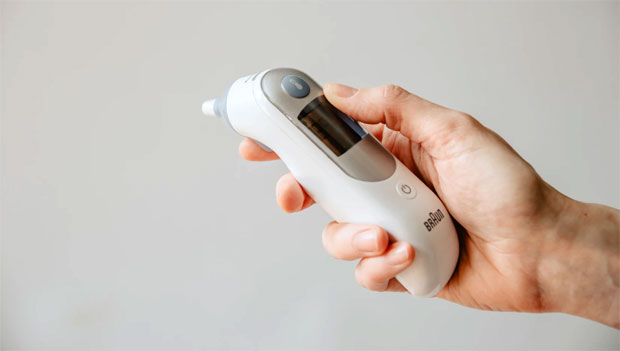How to Choose the Right Thermometer for Your Child
How to Choose the Right Thermometer for Your Child
Choosing the right thermometer for your child can be difficult. As a parent, you will want your child to have the most effective thermometer so that when they have a fever you can properly gauge temperature and establish how sick your child may really be. There are many thermometers to choose from and it can be tricky knowing which will be the best for your child, as they will all react differently. You know your child, and you know what they can tolerate and what they cannot.
Choosing the right thermometer is utterly integral to ensuring they are in the best of health and knowing when to take them to a doctor. Here are some options to help you choose what the right baby thermometer for your child is (and head over here if you’re looking for the best digital thermometer for adults UK).
- Non-Contact Thermometer
Non-contact thermometers can be the best option if your baby dislikes using contact thermometers. Some children simply despise them, and if this is the case and your baby refuses to cooperate, then a non-contact thermometer might be your best option. Choosing the non-contact thermometers, which you can view them here, is the best thing you can do to ensure your child is comfortable and happy. Non-contact thermometers are discreet, as well. If your child is asleep and looks unwell, you can check their temperature without ever waking them up.
- Rectal Thermometer
Medical professionals all unanimously agree that rectal thermometers are the best for infants up to the age of three. They give the most accurate readings and require little effort. This is also advisable for some children that refuse to let you check their temperature with an oral thermometer. This will save you from having a lot of trouble, trouble that can only exacerbate things and stress your child out even more if they are feeling unwell.
- Oral Thermometer
Oral thermometers can be a very safe and easy option, and the majority of children will not refuse to use them. They are very accurate and second-best to rectal thermometers. The only problem with oral thermometers is receiving the reading itself. If handled appropriately, then they are, undoubtedly, fantastic. Even though the child will be compliant, if you do not know how to use an oral reading, then you will not receive your child’s actual temperature and you will either think they have a fever higher or lower than they do.
- Axillary Thermometer
Axillary thermometers are also known as underarm thermometers; they work best with more cooperative toddlers, although they can be very effective and efficient when used with young babies. They are less accurate than rectal and oral thermometers, but still provide a good insight into your child’s temperature and can tell you whether or not a trip to the doctors is necessary.
Choosing a thermometer for your child can be very tricky, and you should make sure you pick as effectively as you possibly can. You should ideally check your child’s temperature with a thermometer they are comfortable with, as non-compliance can lead to an incorrect temperature, and can eventually stress them out.
Author: Allen Brown. Contains a sponsored link.







